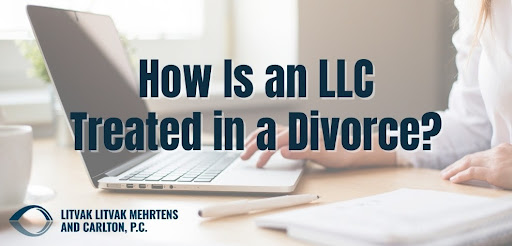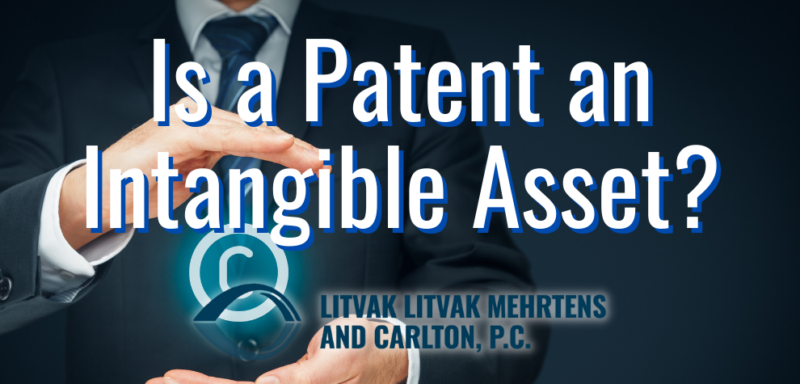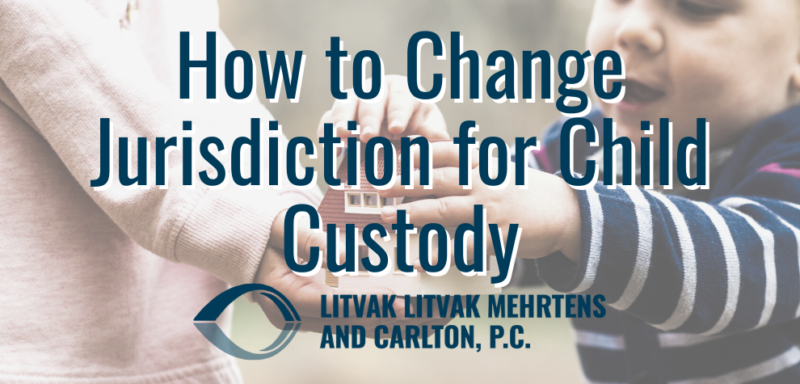Adultery is a devastating blow to any marriage, whether it was already unstable or going strong. There are, however, common misconceptions about adultery and divorce. Below, our experienced Denver family attorneys will answer common questions surrounding divorce cases involving adultery.
You Don’t Have to State Any Reason to Get a Divorce in Colorado
We understand that you may want to keep your reasons for divorce private. This won’t be entirely possible. Divorce law doesn’t have a “fault” in Colorado, so you won’t need to back up your decision to divorce with an acceptable reason.
Because Colorado is a “no fault” divorce state, you don’t have to prove any wrongdoing by either spouse. The only grounds for a divorce in Colorado is that the marriage is “irretrievably broken”.
What is Adultery?
Adultery is any voluntary sexual relations between a married person and someone who is not their spouse. In some states, adultery is still legally a crime, although criminal charges are rare. In many states, it is grounds for divorce.
Colorado is one of 17 “no-fault” divorce states, meaning that the only way to file for divorce is to prove that the marriage cannot be mended. That means that there is no option to assert that the other party is at fault for the divorce. Unhappiness in a marriage is grounds enough for a divorce.
What are the Differences Between Legal Separation and Divorce in Colorado?
In Colorado, you can legally end your marriage by filing for divorce. This is also known as a “dissolution of marriage.” After the divorce process finishes, both parties are legally single, and can remarry.
A legal separation operates in the same way as a divorce, but does not allow both parties to remarry.
What Happens in a Divorce if You Commit Adultery?
Because of Colorado’s “no fault” status, adultery no longer has a major effect on divorces. A spouse may use adultery as a source of satisfaction during the filing process, but it generally has little impact on alimony, child custody, or property division.
These indiscretions are not considered important when dividing assets or determining a parent’s ability to care for a child. If your spouse committed adultery, this will not tip the balance in your favor. If you committed adultery, you will not get the short end of the stick during proceedings. If you need help, contact the legal separation lawyers in Denver with Litvak Litvak Mehrtens and Carlton, P.C.
One exception to this occurs when the affair directly affects the children. For example, if your spouse takes the child with them to meet their secret partner at a hotel, this could give you a custody advantage.
Another example is if the adultery affects the economic interests of the other spouse. Financial activities, such as paying for meals or hotel rooms, are generally considered if the sum spent is significant. Otherwise, it may be more expensive to pursue that avenue at all.
If Separated, Can I Get Charged with Adultery?
In Colorado, legal separation is treated the same way as a divorce. The court divides the couple’s assets, allocates child support, and awards parental responsibilities. They are, however, still legally married. This means that the couple cannot remarry unless the proceedings convert to a divorce.
Legally, you are not single if you have separated from your spouse. However, because Colorado does not consider adultery grounds for a divorce, you can still enter into new relationships while separated. If you decide to enter into a new marriage or cohabit with your new partner, you will first need a divorce.
Does Adultery Affect Alimony or Child Support in Colorado?
Alimony payments, commonly referred to as spousal support, are not affected by adultery in Colorado. Affairs could, however, affect property division between spouses. This could happen if a spouse’s affair breached a prenuptial agreement, or if the affair added debts to their shared finances.
Adultery also does not impact child custody or child support agreements unless the affair let to child neglect or child abuse.
Can My Spouse and I Separate Without Going to Court if One of Us Committed Adultery?
Legally, no. You and your spouse can choose to live apart or take a break, but this is not a legal separation. Legal separations must be filed through a court process.
Contact Divorce Attorneys Litvak Litvak Mehrtens and Carlton, P.C.
If you have any questions about adultery and divorce, Litvak Litvak Mehrtens and Carlton are here to help guide you through the process. Contact our experienced Denver divorce attorneys to discuss your options. Schedule a consultation by calling our Denver office at 303-951-4506, or complete our online intake form here.






